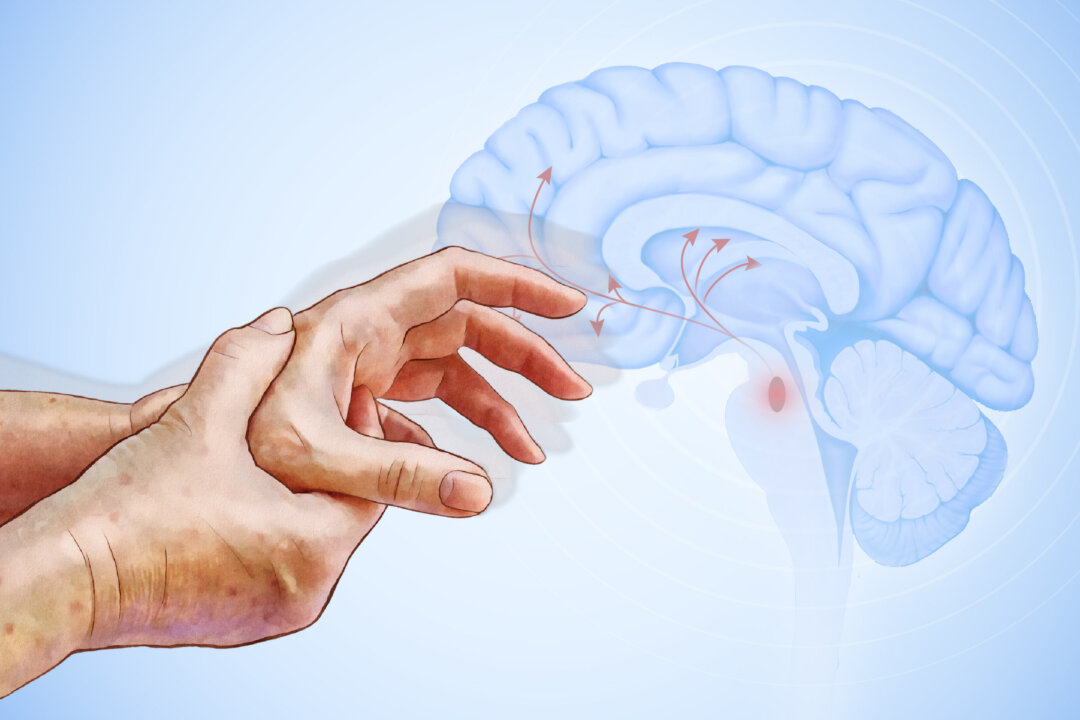Parkinson’s disease affects approximately 1.1 million individuals in the United States alone, making it the second most prevalent neurodegenerative disorder after Alzheimer’s disease. This progressive condition arises when neurons in the brain responsible for producing dopamine begin to deteriorate. As a result, people experience a range of movement and emotional symptoms that can vary significantly from person to person.
While there is no known cure for Parkinson’s disease, recent studies highlight that certain lifestyle changes and natural remedies can help mitigate its symptoms. Understanding these approaches is crucial for those affected and their families.
The Role of Dopamine in Parkinson’s Disease
Dopamine is a vital neurotransmitter that plays a key role in coordinating movement and regulating mood. In individuals with Parkinson’s disease, the degeneration of dopamine-producing neurons leads to an imbalance that manifests in various ways. Common symptoms include tremors, stiffness, and difficulty with balance and coordination. Additionally, emotional issues such as anxiety and depression may also arise, further complicating the condition.
As the disease progresses, the impact on daily life can become increasingly challenging. Thus, finding effective ways to manage these symptoms is essential for improving quality of life.
Natural Remedies and Lifestyle Changes
Research indicates that certain natural approaches may provide relief for those with Parkinson’s disease. These strategies focus on enhancing overall well-being and addressing the specific symptoms associated with the disorder.
Diet plays a significant role in managing Parkinson’s symptoms. A diet rich in antioxidants, such as fruits and vegetables, may help combat oxidative stress that contributes to neuron degeneration. Foods high in omega-3 fatty acids, like fish and flaxseeds, are also recommended for their potential neuroprotective effects.
Regular physical activity is another critical component of symptom management. Exercise can improve mobility, strength, and balance, helping to counteract some of the physical limitations caused by the disease. Activities like yoga and tai chi are particularly beneficial, as they promote flexibility and mindfulness, which can positively influence emotional health.
In addition to diet and exercise, complementary therapies such as mindfulness meditation, acupuncture, and massage may offer further relief. These practices can help alleviate stress and anxiety, fostering a sense of calm and well-being.
Support from healthcare professionals, caregivers, and support groups can also play a vital role in managing Parkinson’s disease. Engaging with others facing similar challenges can provide emotional support and practical advice for navigating the complexities of the condition.
While the journey with Parkinson’s disease can be daunting, embracing natural remedies and lifestyle changes may empower individuals to take control of their health. Ongoing research continues to explore new ways to enhance the lives of those affected, shedding light on the potential for improved symptom management and overall quality of life.
In conclusion, while there is no cure for Parkinson’s disease, understanding the importance of natural approaches and lifestyle modifications can significantly impact those living with the condition. By prioritizing a balanced diet, regular exercise, and supportive therapies, individuals can strive for a better quality of life amid the challenges posed by this complex disorder.
